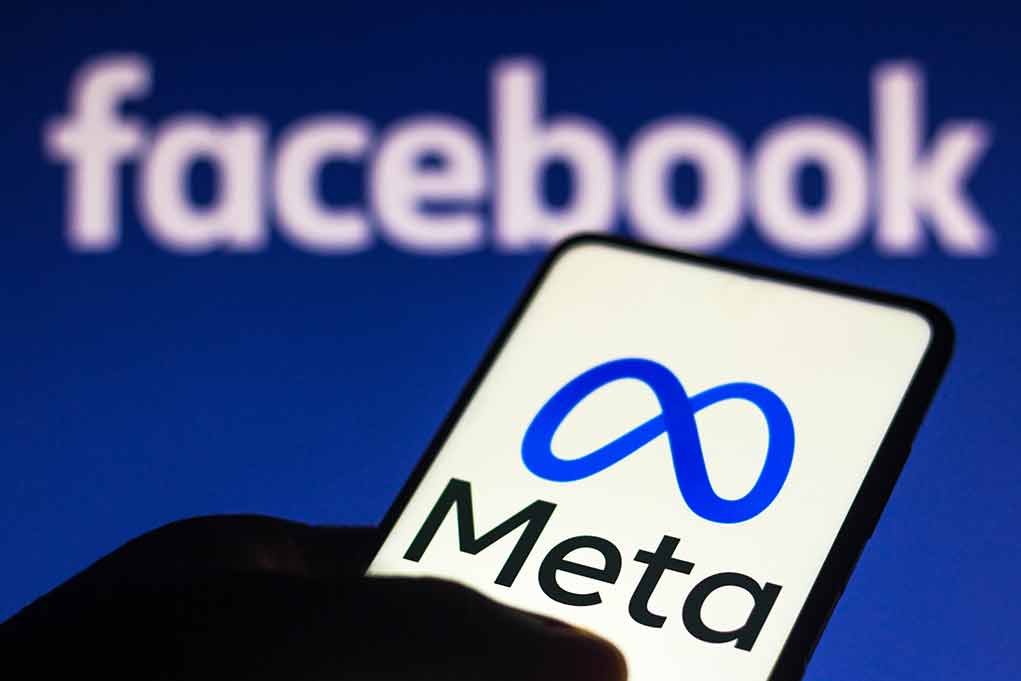The Facebook Files reveal profound implications of social media’s role in manipulating political narratives during the 2020 election, particularly in burying the controversial laptop story. Some believe that the action by the socials and legacy media may have cost Trump the election in 2020. Only now are the details starting to come out.
Facebook’s Role in Shaping Political Narratives
The Facebook Files unveil unprecedented evidence of social media’s influence in the 2020 elections. The files expose Facebook’s internal communications and coordinated efforts to suppress the Hunter Biden laptop story. As the elections drew near, Facebook succumbed to pressure from the FBI to moderate the narrative, suppressing key details of the story. Now, the House Judiciary Committee’s Subcommittee on the Weaponization of Government has revealed the questionable partnership between Facebook and federal authorities.
The collaboration extended beyond censorship of the laptop story, with Facebook filtering content related to COVID-19 under governmental influence. Nick Clegg, then-Vice President of Global Affairs, communicated concerns about the potential impacts of their actions on the incoming Biden administration’s views of the company, signaling unease within Facebook about the political repercussions of their decisions.
— @amuse (@amuse) October 30, 2024
The Role of Intelligence and Government Agencies
A joint report by several House committees, titled “The Intelligence Community 51,” reveals that high-ranking CIA officials played a vital role in amplifying the narrative against the laptop story. CIA staff, including then-Director Gina Haspel, were aware of a statement by former intelligence officials discrediting the laptop story before its publication. Former Deputy CIA Director Michael Morell, among others, was on active contract with the CIA during this maneuver, indicating deep-seated government involvement. The statement was framed as a political tactic aimed at undermining the laptop story by labeling it as “Russian disinformation” before the 2020 presidential election.
“The House Intelligence Committee’s work provided us with solid direct evidence that in the final weeks before the 2020 presidential election, 51 former intelligence officials coordinated with the Biden campaign to falsely cast doubt on an explosive New York Post story and label Hunter Biden’s abandoned laptop as ‘Russian disinformation.’ The Committee worked to obtain classified documents from the CIA, including emails, and fought to include evidence of these materials in our report” – Chairman Mike Turner
The report underscores the collaborative dynamics between intelligence officials and political campaigns, highlighting how officials may have abused their positions, bypassing standard protocols. The COO’s office signaled an unusual approval of the misleading statement, stepping outside usual Prepublication Classification Review Board procedures. Concerns raise substantial questions about the integrity of election processes and the politicized stances of federal institutions.
Media Landscape and Public Awareness
When The New York Post first broke the laptop story in October 2020, mainstream media largely ignored or sought to discredit the narrative. Both Facebook and Twitter played guardians of the discourse by restricting dissemination. It wasn’t until much later that publications like The New York Times confirmed the emails’ authenticity from Hunter Biden’s laptop, correcting previously skeptical media narratives.
Polls indicated the potential influence of the laptop story on electoral outcomes, with significant proportions of Biden voters acknowledging they might have altered their votes. Thus, the revelations from the Facebook Files offer an illuminating insight into the unparalleled power and culpability of social media and tech giants in shaping political narratives, leaving citizens pondering over democratic transparency and fairness.

